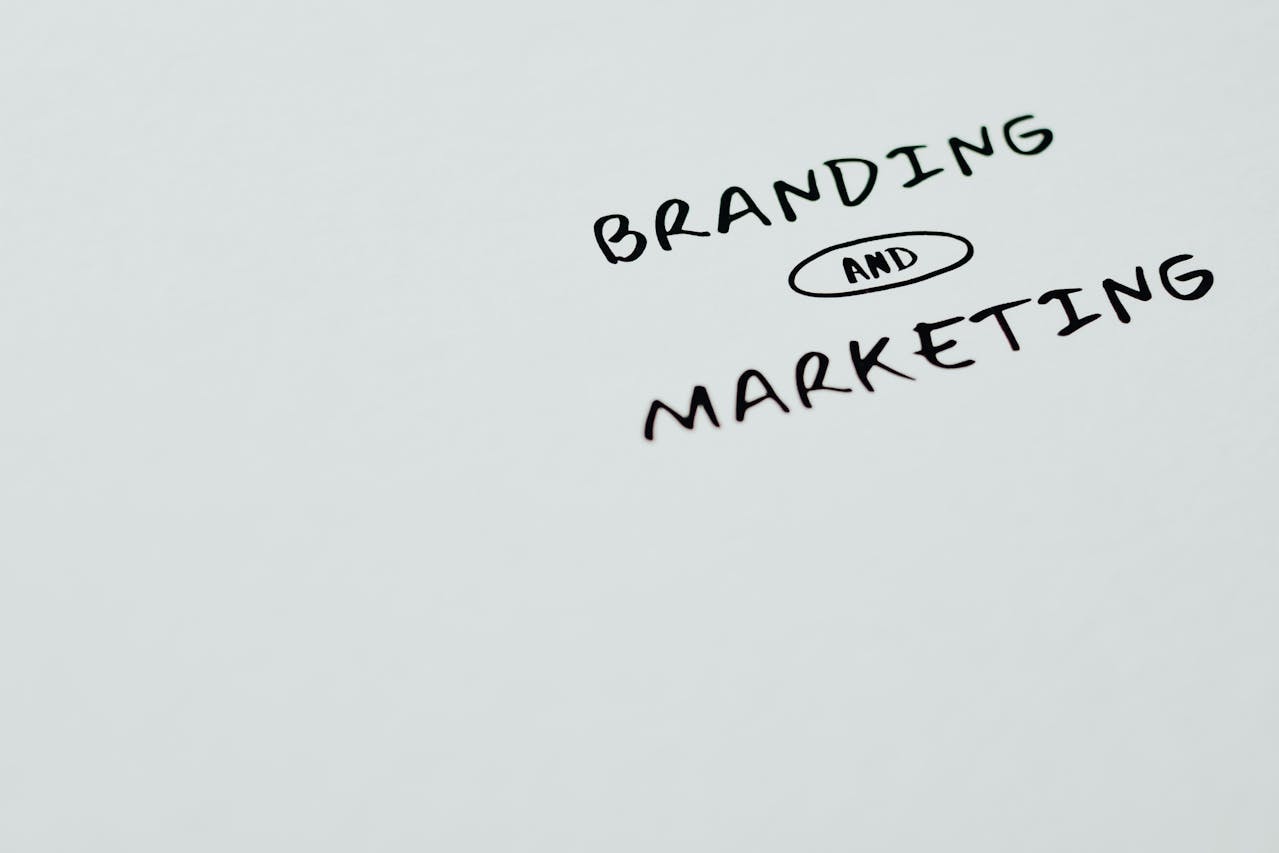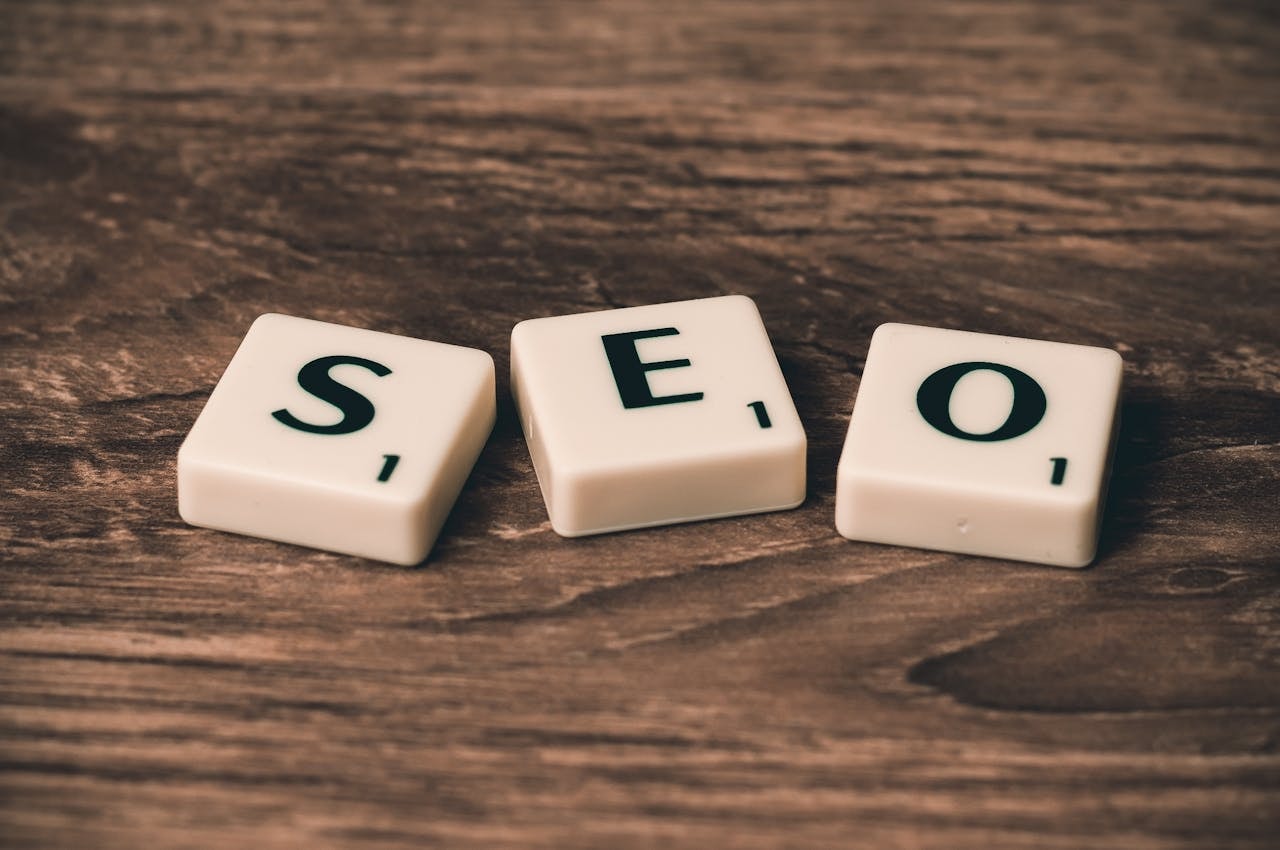In today’s business environment, digital marketing is indispensable. The rise of online competition makes it crucial for businesses to maintain an active online presence, manage social media, optimise search engine performance, and regularly create engaging content. However, for many businesses, the decision to manage digital marketing in-house comes with unique challenges. From resource allocation to keeping pace with ever-evolving marketing trends, businesses often struggle to handle these demands internally. This guide explores the most common challenges of managing digital marketing in-house, offering insights on why many companies are turning to digital marketing agencies for support and guidance.
Understanding the Growing Demand for Digital Marketing Expertise

The Evolution of Digital Marketing Strategy in Business
Digital marketing like web development has rapidly evolved, requiring much more than just a website and social media account. Today, a comprehensive digital marketing strategy involves search engine optimisation (SEO), pay-per-click (PPC) advertising, data analytics, and integrated social media management. The complexity and skill required for successful execution of business strategy are often underestimated, which can place a strain on in-house marketing teams.
Aligning Marketing Goals with Business Growth
Achieving business growth through digital marketing requires a well-planned strategy that aligns with overall business objectives. While in-house teams have a deep understanding of brand identity and company culture, they may struggle with strategic planning and execution on a larger scale. Strategic alignment with business goals is crucial to business forward, as ineffective digital marketing efforts can waste time and resources.
In-House Marketing Teams vs. Digital Marketing Agencies
Advantages and Limitations of an In-House Marketing Team
An in-house marketing team can offer distinct benefits, such as direct oversight, deep brand knowledge, and alignment with company culture. However, these advantages often come with limitations. Internal marketing teams face skill gaps in areas like data analysis, content creation, and PPC management. Furthermore, scaling a team to cover all necessary areas of digital marketing can be costly businesses hire and challenging to maintain.
Why Many Companies Choose Digital Marketing Agencies for Support
Hiring an external digital marketing agency brings access to a team of specialists with expertise in specific areas, from social media strategy to content marketing. Agencies can be a cost-effective solution, allowing businesses to pay only for the services they need. External digital agencies agency also stay up-to-date with the latest marketing trends and best practices, which ensures that clients receive cutting-edge solutions.
Key Challenges of Managing Digital Marketing In-House
The Cost of Building and Maintaining an In-House Team
Managing digital marketing in-house requires a significant financial investment, from salaries and benefits to training and tools. These costs can quickly add up, especially if specialised marketing skills, such as SEO, PPC, and content creation are needed. Additionally, retaining skilled in house marketers is challenging, as the marketing industry offers numerous opportunities with attractive digital agency roles.
Limited Access to Specialised Expertise and Fresh Perspectives
Digital marketing is a broad field requiring various skills, from creative copywriting to data analytics and technical SEO. In-house teams may lack the specialised expertise needed for a fully integrated digital marketing strategy. Agencies bring in fresh perspectives, helping businesses remain competitive with creative solutions and innovative approaches that in-house teams might not have considered.
Keeping Up with Marketing Trends and Best Practices
Digital marketing is dynamic, with frequent changes in algorithms, social media features, and best practices. It can be challenging for in-house teams to stay up-to-date, which can result in outdated marketing techniques and ineffective campaigns. Marketing agencies are continuously immersed in the field breathe digital marketing, allowing them to implement the latest and most effective strategies.
The Complexities of Strategic Planning and Execution
Developing a Comprehensive and Effective Digital Marketing Strategy
Developing a cohesive digital marketing strategy involves setting clear goals, defining key performance indicators (KPIs), and planning multi-channel campaigns. Without a dedicated digital strategy team, in-house marketing can become fragmented, with efforts that don’t cohesively work toward business objectives. Agencies can bring valuable project management skills, ensuring a well-rounded approach to digital for especially internal marketing teams.
Social Media Management and Content Creation: A Resource-Intensive Task
Content creation and social media management require dedicated resources, from developing a consistent brand voice to managing content calendars. This can be especially challenging for small teams that are stretched thin. Agencies bring expertise in content marketing and can efficiently manage high-quality content creation that aligns with the target audience, preferences and industry trends.
The Role of SEO and PPC in Achieving Marketing Objectives
Both SEO and PPC are critical in driving traffic and achieving marketing goals, yet they require specialized expertise and in-depth knowledge to manage effectively. Many in-house teams struggle with SEO complexities, such as keyword optimisation and backlink strategies, which are critical to improving online visibility. PPC campaigns, on the other hand, require careful budget management and performance tracking to ensure they deliver ROI.
Balancing Marketing Functions with Core Business Operations
The Risk of Diverting Focus from Core Business Operations
When businesses attempt to manage marketing in-house, they often divert attention from core operations. Management by marketing manager demands time and resources that could otherwise be used to focus on business growth and innovation with key stakeholders. Outsourcing marketing allows businesses to stay focused on their core strengths while experts handle digital marketing needs.
Managing Marketing Activities Across Multiple Channels
Balancing efforts across different marketing channels—such as email, social media, and content marketing—can be difficult for in-house teams. Agencies offer full-service solutions that cover multiple channels, ensuring cohesive marketing strategies, across platforms. With agencies, businesses can execute multi-channel campaigns without straining their internal resources.
Understanding the Role of Technology and Data in Digital Marketing
The Importance of Data-Driven Marketing Decisions
Effective digital marketing is data-driven, relying on insights from analytics to shape strategy and make adjustments. However, data analysis tools can be complex, and in-house teams may lack the expertise to interpret them effectively. Agencies bring a deep understanding of data analytics, helping businesses make informed marketing decisions and optimising campaign effectiveness.
Utilising Marketing Automation and Technology for Greater Efficiency
Marketing automation technology, such as CRM systems and social media scheduling tools, can streamline marketing efforts and improve efficiency full service agency. Agencies often have access to advanced marketing tools and the expertise to leverage them fully, providing a significant advantage over in-house teams that might not have these resources.
Managing the Costs and Resources of Digital Marketing In-House
Understanding the True Costs of Marketing Campaigns
Marketing campaigns entail multiple costs, from content creation to paid social media marketing. In-house teams may underestimate the true cost of campaign management, especially when taking into account salaries and technology expenses. Agencies often provide cost-effective solutions, allowing businesses to predict expenses and avoid unforeseen costs.
Budget Constraints and Resource Allocation
Limited budgets can restrict in-house marketing teams from executing effective campaigns. Agencies, on the other hand, offer flexible pricing and scalable solutions, enabling businesses to align their marketing budgets with growth goals. Agencies often help companies with effective marketing strategies and optimise resource allocation, ensuring high-impact marketing activities without overspending.
Common Marketing Mistakes Made by In-House Teams
Misaligned Marketing Initiatives and Business Goals
One of the most common issues with in-house marketing is a lack of alignment between marketing activities and overall business objectives. Without strategic oversight, marketing efforts can become siloed and ineffective. Agencies provide a strategic framework for marketing department, ensuring that marketing activities are geared towards achieving business goals.
Underestimating the Value of External Insights and Expertise
In-house teams often overlook the value that an external team or agencies bring, such as a fresh perspective and new ideas. External insights can prevent businesses from developing tunnel vision, helping them remain innovative and competitive in the market.
Finding the Right Balance Between In-House and Agency Marketing
Building a Hybrid Model with External and Internal Marketing Team
Many businesses achieve optimal results with a hybrid model, leveraging both in-house and external marketing agency resources. This approach allows companies to retain direct control over brand messaging while benefiting from specialised expertise and fresh ideas offered by external partners.
Deciding When to Outsource Marketing Efforts
Businesses may choose to outsource when facing specific challenges, such as scaling up marketing campaigns or managing technical SEO. Outsourcing can be particularly beneficial for small to medium-sized businesses that lack the resources to build a full in-house team.
Conclusion
Managing digital marketing in-house can be a daunting task, especially as marketing complexities and customer expectations continue to grow. Businesses often encounter challenges, from limited access to specialised skills to the high costs of maintaining a competitive in-house team. By partnering with a digital marketing agency, companies can overcome these obstacles and focus on their core business operations, all while gaining access to fresh and innovative ideas, industry best practices, and strategic insights. For Australian businesses looking to balance in-house marketing with agency expertise, the right partnership can drive business growth and deliver measurable results.
FAQs
- What are the major challenges of managing digital marketing in-house?Managing digital marketing in-house presents several significant challenges for businesses. One of the foremost issues is high costs; maintaining a fully functional in-house team often requires substantial investment in salaries, training, and technology. The costs can quickly escalate, particularly if specialized roles are needed, such as SEO experts, content creators, or data analysts.
Another challenge is the skill gaps that many in-house teams face. Digital marketing encompasses various disciplines, including social media management, content marketing, PPC advertising, and data analytics. Many teams may not have the diverse skill set required to execute a comprehensive strategy effectively. This can lead to a lack of innovation and a failure to implement best practices, ultimately affecting marketing performance.
Lastly, businesses often experience limited access to specialised expertise. As digital marketing continues to evolve, staying current with the latest trends and technologies can be overwhelming for an in-house team. Without the necessary expertise in niche areas, in-house teams may struggle to develop and implement effective strategies, leading to suboptimal results.
Why do businesses often struggle with in-house digital marketing?
Businesses often find it difficult to manage in-house digital marketing due to the extensive broad skill set required to oversee various aspects of digital marketing successfully. From developing SEO strategies to creating engaging content and analyzing data, the range of skills needed can be daunting. This requirement can strain smaller teams or those with limited resources.
Additionally, maintaining access to updated technology is essential for effective digital marketing. Digital marketing tools and platforms frequently change, requiring teams to invest time and resources in learning new systems and processes. This can lead to inefficiencies, as in-house teams may not have the capacity to continuously adapt to technological advancements while also executing their core marketing functions.
How do agencies support businesses with digital marketing?
Agencies can significantly enhance a business’s digital marketing efforts by providing expertise across multiple marketing channels. They typically employ specialists with in-depth knowledge of specific areas, such as SEO, social media strategy, and content marketing, which allows for a more effective and nuanced approach to campaigns.
Moreover, agencies bring fresh perspectives that can help businesses innovate and adapt their strategies. They are often more attuned to emerging trends and best practices in the industry, which can lead to more effective campaigns. Agencies also streamline the implementation of complex strategies, allowing businesses to benefit from a wealth of experience without the overhead costs associated with building an in-house team.
What is a hybrid marketing model, and how does it work?
A hybrid marketing model combines the strengths of in-house resources and agency support, creating a flexible marketing solution that leverages both approaches. In this model, businesses retain core functions in-house, such as brand messaging and strategic oversight, while outsourcing specialized tasks, such as SEO or advanced data analytics, to agencies.
This approach allows companies to maintain control over their brand while benefiting from the specialised skills and resources that agencies provide. The hybrid model is adaptable; businesses can scale their agency involvement based on current needs, making it an efficient and cost-effective solution for navigating the complexities of digital marketing.
When should a business consider outsourcing digital marketing?
Outsourcing digital marketing can be particularly advantageous in several scenarios. When specialised skills are needed, such as advanced SEO strategies, technical content creation, or intricate data analysis, agencies can fill these gaps effectively. This is especially true for small to medium-sized businesses that may not have the resources to hire full-time specialists.
Additionally, businesses experiencing periods of growth often face increased marketing demands that their current in-house team may struggle to manage. In these cases, outsourcing allows for rapid scaling of marketing efforts without the long-term commitment of hiring new staff.
Finally, businesses should consider outsourcing during large campaigns or significant marketing initiatives. Agencies bring the necessary expertise and manpower to handle these efforts efficiently, ensuring that campaigns are executed smoothly and effectively. By leveraging external resources, companies can focus on their core competencies while ensuring their marketing remains robust and competitive.











